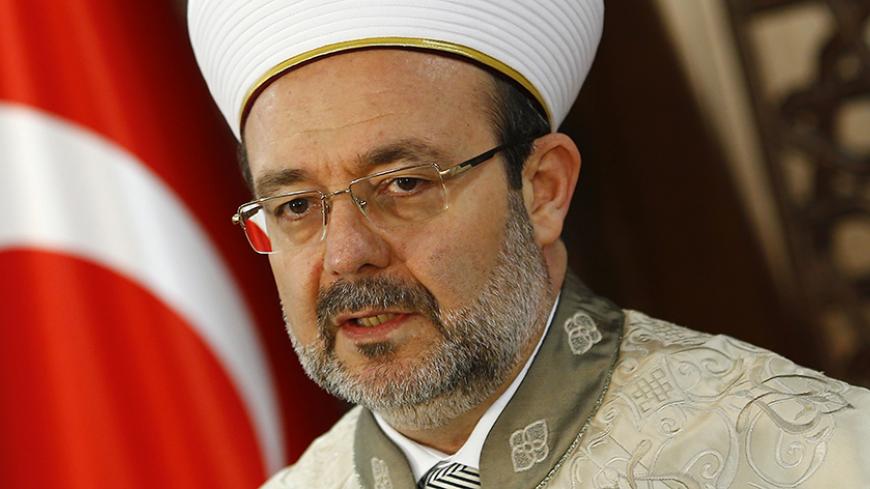Nevzat Turan, a high school vice principal from Malatya province, shared a photo of folkloric dance on social media and equated with adultery any dance where women and men hold hands. As public criticism soared, Turan deleted the April 10 post, but he also had supporters. Among these, Mirac Gocmez, from the local Justice and Development Party (AKP) establishment, wrote on Facebook, “What happened to the freedom of expression that they cherish? The man [Turan] is righteous, and he is stating the truth. And most importantly, he expressed himself in the language of Islam. That is what is really bothering you.”
The struggle to interpret secularism and religious freedom did not end, as many had hoped, with the conclusion of the headscarf wars. To the contrary, it has spread into other public arenas in Turkey. Tellingly, the number of employees at the Diyanet (Religious Affairs Directorate) has doubled in the last decade, and the increase has allowed the directorate to initiate programs in collaboration with other ministries to provide religious services in their domains. A case in point involves the Ministry of Family and Social Policies.



